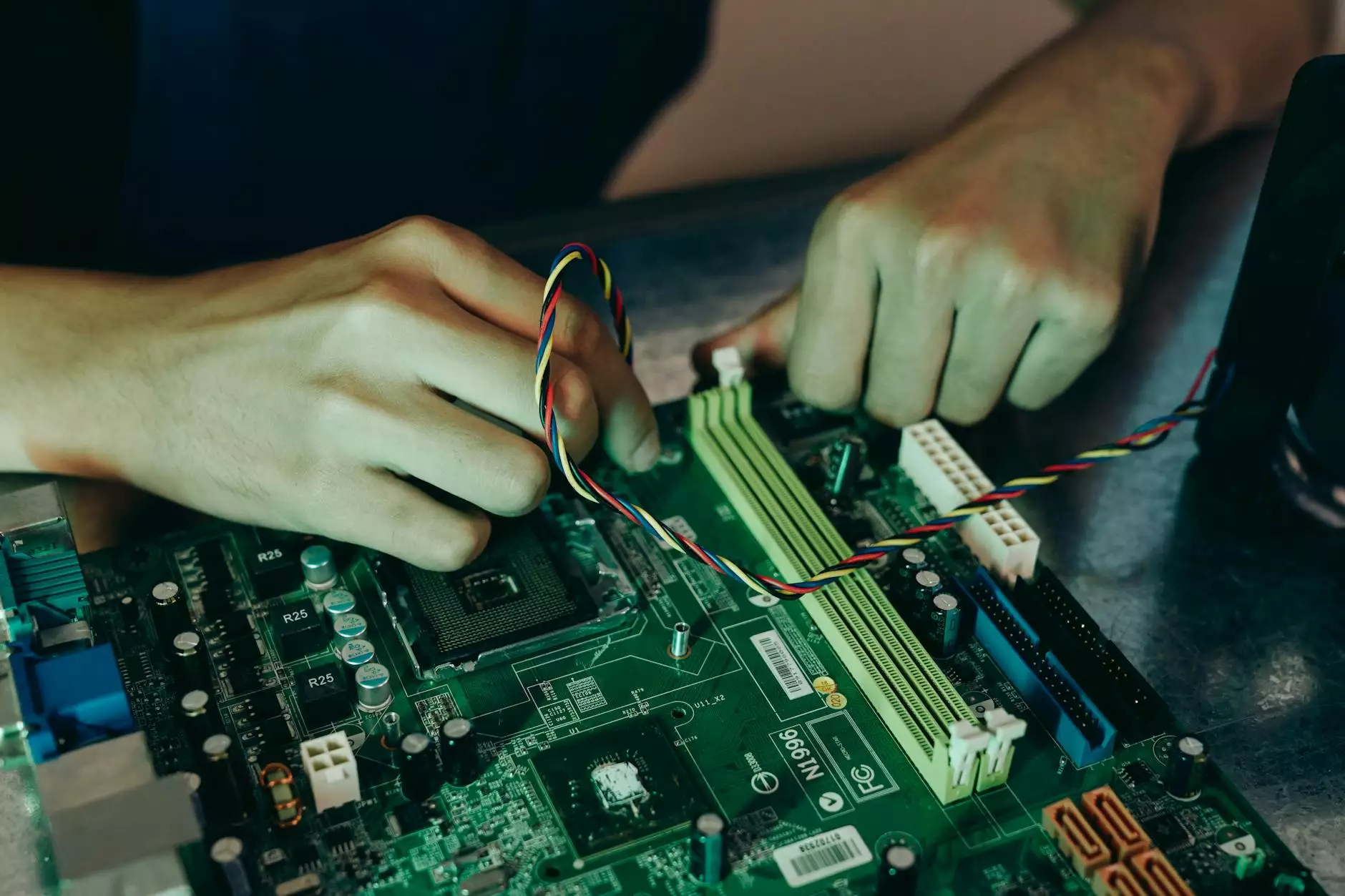Understanding Business Opportunities in Fake Money Market: The Impact of "credit cards cloned"

In the rapidly evolving landscape of the underground economy, the fake money industry has become a controversial yet financially lucrative sector. Central to this market are activities involving the creation and distribution of counterfeit currencies, as well as digital financial crimes such as "credit cards cloned". While these issues pose significant challenges to financial institutions and law enforcement agencies worldwide, they also reveal intriguing aspects of entrepreneurial innovation, technological sophistication, and the clandestine economy.
What Is the Fake Money Industry? A Comprehensive Overview
The fake money industry encompasses a broad spectrum of illicit activities related to the production and circulation of counterfeit physical currencies and digital payment fraud. It ranges from the printing of high-quality fake banknotes to complex hacking schemes that compromise electronic financial systems.
- Physical Counterfeit Currency: Production of fake banknotes that resemble genuine currency, often utilizing advanced printing techniques and high-quality paper to evade detection.
- Digital Currency Fraud: Manipulation of electronic payment systems, including "credit cards cloned", to steal funds and facilitate illegal transactions.
- Cryptocurrency Subversion: Exploiting cryptocurrency networks for laundering money and conducting illicit trades—an emerging facet of the fake money industry.
The Rise of "credit cards cloned": Implications and Business Entries
The term "credit cards cloned" refers to the illegal process of copying the data stored on a credit or debit card's magnetic strip or chip, enabling fraudsters to manufacture counterfeit cards used for unauthorized transactions. This practice has grown exponentially with the proliferation of point-of-sale (POS) devices and online payment platforms.
How Does Cloning Credit Cards Work?
Cloning credit cards involves several carefully executed steps that combine technological know-how and fraudulent intent:
- Data Skimming: Using card readers installed secretly on POS terminals, ATM machines, or even handheld devices to capture card information during legitimate transactions.
- Data Duplication: Transferring collected data onto blank magnetic stripe cards or digital wallets, effectively creating cloned credit cards.
- Unauthorized Transactions: The cloned cards are then used to perform fraudulent purchases either physically or online, causing financial losses to victims and banks.
The Business of "credit cards cloned"
Despite its legality issues, certain underground markets have developed sophisticated ecosystems around found this criminal activity. These elements include:
- Sale of Cloning Devices and Data: Marketplaces where fraudsters buy and sell card skimming devices, hacking tools, and stolen card data.
- Trading of Fake Credit Card Details: Dark web forums and encrypted channels facilitate the exchange of cloned card data and related hacking exploits.
- Distribution Channels: Networked routes for delivering cloned cards to end-users who execute fraudulent transactions.
Legal and Ethical Perspectives on Fake Money and "credit cards cloned"
Engaging in activities such as "credit cards cloned" is illegal and punishable by severe penalties worldwide. However, understanding the underlying motivations and the technological landscape is crucial for financial institutions, cybersecurity firms, and policymakers.
Legal Risks and Penalties
- Heavy fines and imprisonment for individuals caught engaging in cloning activities.
- Seizure of equipment and digital assets involved in fraud schemes.
- Criminal charges related to identity theft, fraud, and money laundering.
Ethical Considerations
While some might view the underground economy as a source of innovation or resistance against traditional financial systems, ethical boundaries are clearly crossed in illegal activities. The societal costs, damages to victims, and erosion of trust in financial systems outweigh any perceived benefits.
The Business Potential Within the Fake Money Sector
Despite its illegality, understanding the mechanisms of the fake money industry and activities like "credit cards cloned" can offer insights into cybersecurity, fraud prevention, and innovative financial services. Entrepreneurs and legitimate businesses operating ethically are exploring ways to protect consumers and develop more secure digital payment systems.
Legal Opportunities and Growth Areas
- Enhanced Security Technologies: Developing advanced encryption, biometric authentication, and real-time fraud detection to combat cloning and counterfeit currency.
- Fraud Prevention Services: Providing consultancy and technological solutions for banks and merchants to detect and prevent cloned card transactions.
- Public Awareness Campaigns: Educating consumers about safe payment practices and how to recognize fake currency and fraudulent charges.
Protecting Your Business and Customers from "credit cards cloned"
For legitimate financial institutions and merchants, operating in a world where "credit cards cloned" is a prevalent threat necessitates robust security infrastructure. This includes:
- Implementing EMV Chip Technology: Moving away from magnetic stripe cards to chip-enabled cards that are significantly harder to clone.
- Monitoring and Analytics: Utilizing advanced analytics and AI-powered fraud detection systems to identify suspicious activity.
- Employee Training and Awareness: Ensuring all staff are knowledgeable about the latest fraud tactics and prevention strategies.
- Customer Education: Informing customers about safe practices, such as verifying their transactions and safeguarding card data.
Future Trends in Fake Money and Digital Fraud
The landscape of fake money and cloned credit card activities is continuously evolving with technological advancements. Some emerging trends include:
- Artificial Intelligence in Fraud Prevention: Leveraging machine learning algorithms to identify fraud patterns in real-time.
- Blockchain Technology: Using decentralized ledgers to enhance transaction security and transparency.
- Biometric Authentication: Expanding beyond PINs and passwords to fingerprint, facial recognition, and voice verification.
- Zero Trust Security Models: Applying strict access controls and continuous validation to prevent unauthorized data access.
Conclusion: Navigating the Heavy Currents of Fake Money and Digital Crime
The fake money industry, including activities related to "credit cards cloned", presents a complex web of technological innovation, illegal enterprise, and ever-evolving security challenges. While the underground market offers some insights into entrepreneurial ingenuity, it remains crucial for legitimate businesses and consumers to stay vigilant and invest in cutting-edge security measures. As technology progresses, the battle against digital and physical counterfeit currencies continues, demanding collaborative efforts, ethical practices, and innovative solutions.
For those interested in understanding this shadowy yet fascinating facet of modern finance, it’s essential to study both the vulnerabilities exploited by fraudsters and the advancements that can thwart their pursuits. Only through comprehensive awareness and proactive security can the integrity of our financial ecosystem be maintained and strengthened.
If you're seeking advanced solutions, market intelligence, or security consulting regarding "credit cards cloned" and counterfeit money detection, undetectedbanknotes.com provides premium services dedicated to anti-fraud innovation and legal, ethical business strategies.









